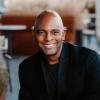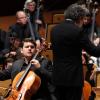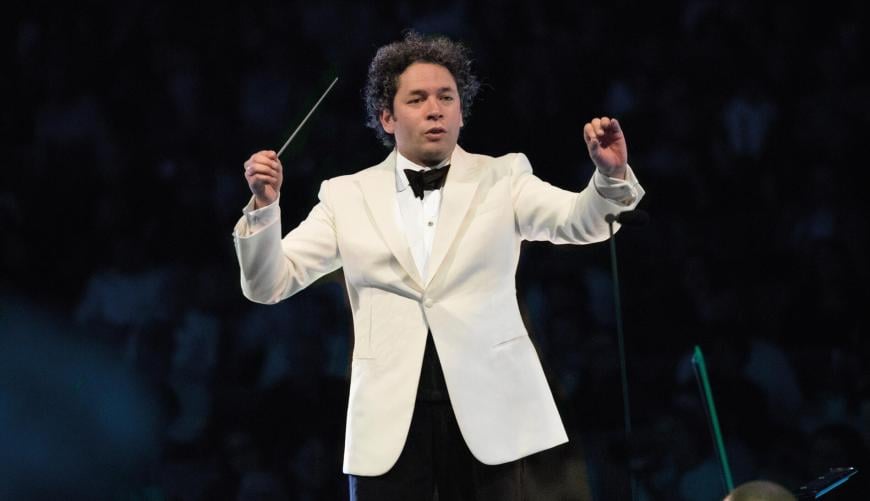
If Gustavo Dudamel were a politician, these would be his lame-duck years — his last three years as music and artistic director of the Los Angeles Philharmonic before he departs for the New York Philharmonic in 2026. This now-not-so-young conductor, 42, is already feeling the heat from New York critics, though he seems to have captivated his future crew of musicians — and certainly his future audiences — in the Big Apple so far.
Meanwhile, back on the Left Coast, Dudamel is dug in for a good deal of July at the place where he made his North American debut, the Hollywood Bowl. The Bowl has become a comfort zone for Dudamel, where he can roam through several programs covering a wide range of his interests inside and outside of classical music. There are no concert operas this season, but there was a spectacle last Tuesday night that could almost qualify as an opera: Verdi’s mighty, angry, agonized, hyper-dramatic Requiem.
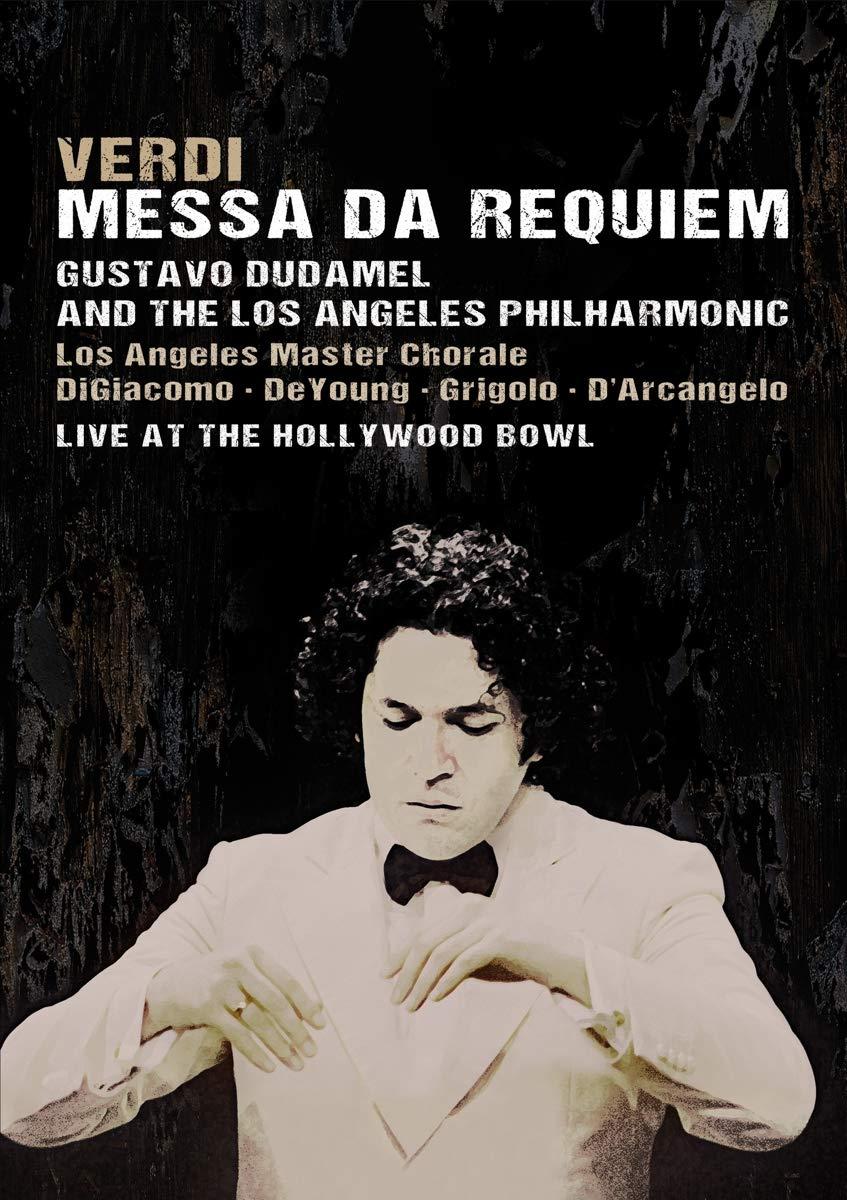
Dudamel is hardly a newcomer to the Requiem. It was the first Verdi work that he conducted, leading performances with the Gothenburg Symphony of Sweden as he made his way up the ladder of fame in the late 2000s. Ten years ago, he staged it at the Bowl in a media-centric event that was recorded and released on DVD and Blu-ray. It was regarded at the time — and for some years after — as marking the mellowing and maturing of the once-wildly gesturing Venezuelan. While the extroverted passages crackled with the drama and energy that was expected from Dudamel, the quieter ones were extremely and unexpectedly broad in pace, with a singing, flowing line. He didn’t even use a baton; he merely let his bare hands guide and shape the performance from start to close.
But that may have just been a phase. In fact, Dudamel’s performances of large-scale works like Gustav Mahler’s symphonies have actually gone faster in recent years. And so went this summer’s rerun of the Verdi Requiem.
While the beginning of the Kyrie was slower than ever, once the men’s voices from the Los Angeles Master Chorale burst forth with a jolt, it was clear that this would be a more conventionally paced Requiem than the 2013 one. Dudamel’s tempos in much of the Dies Irae, Offertorio, Agnus Dei, and Lux Aeterna sections were closer to the norm for this work, while the “Day of Wrath” cataclysms raged, pounded, and blared with the same impact as before. Still leaving the baton at home for this piece — which he always conducts from memory — Dudamel also remained more physically restrained than he was when he first came here, all excitement and flash.
Dudamel also had a better, more involving quartet of solo singers on hand than in 2013 — even without star soprano Angel Blue, who had to cancel at the 11th hour due to a family emergency. Her replacement was soprano Leah Hawkins, whose wide range and darkly shaded tone quality recall the voice of the late Jessye Norman. At times in the Dies Irae, Hawkins sounded almost identical to this performance’s mezzo-soprano, Rihab Chaieb, whose impassioned singing vividly radiated the fear generated by the text.
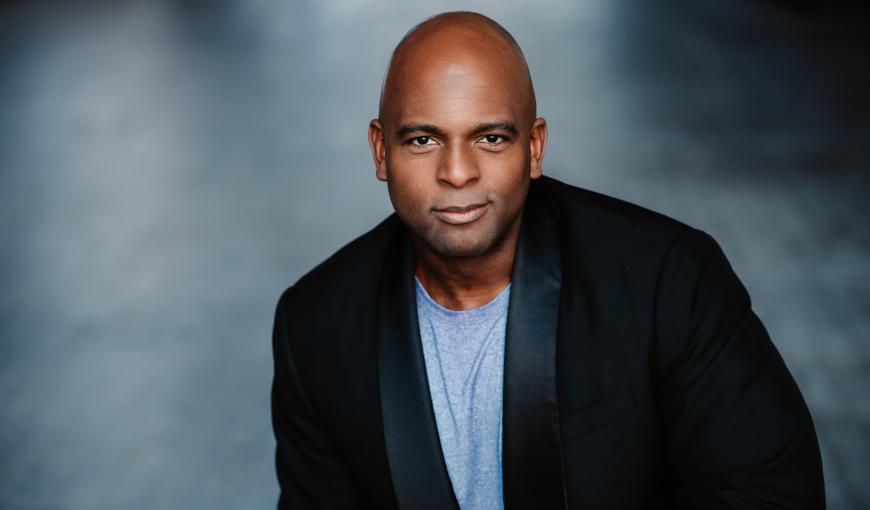
Mario Chang unleashed a virile tenor, sometimes a bit wavering in vibrato. Ryan Speedo Green, coming off his leading role in Terence Blanchard’s Champion at the Metropolitan Opera this spring, anchored the quartet with controlled power and richness on the bass end. He’s listed as a bass-baritone, but he strikes me as a full-fledged basso — and those are rare, treasurable voices to have around. The Master Chorale was in customary bright, high-powered form, taxing the sound system at peak decibel levels, but the Requiem can take that and then some.
The main knock that some critics seem to have on Dudamel is that his interpretations of standard repertoire lack depth and a distinct point of view underneath the charisma and streaks of excitement — and sometimes I agree. He did come up with a personal conception of sorts in his 2013 Requiem at the Bowl, but the one we just heard was less distinguishable from other classic performances. Nevertheless, thanks to the excellent vocal quartet and more reasonable pacing that kept things moving — and despite the frequent flybys from noisy aircraft — the 2023 rendition was more satisfying.


